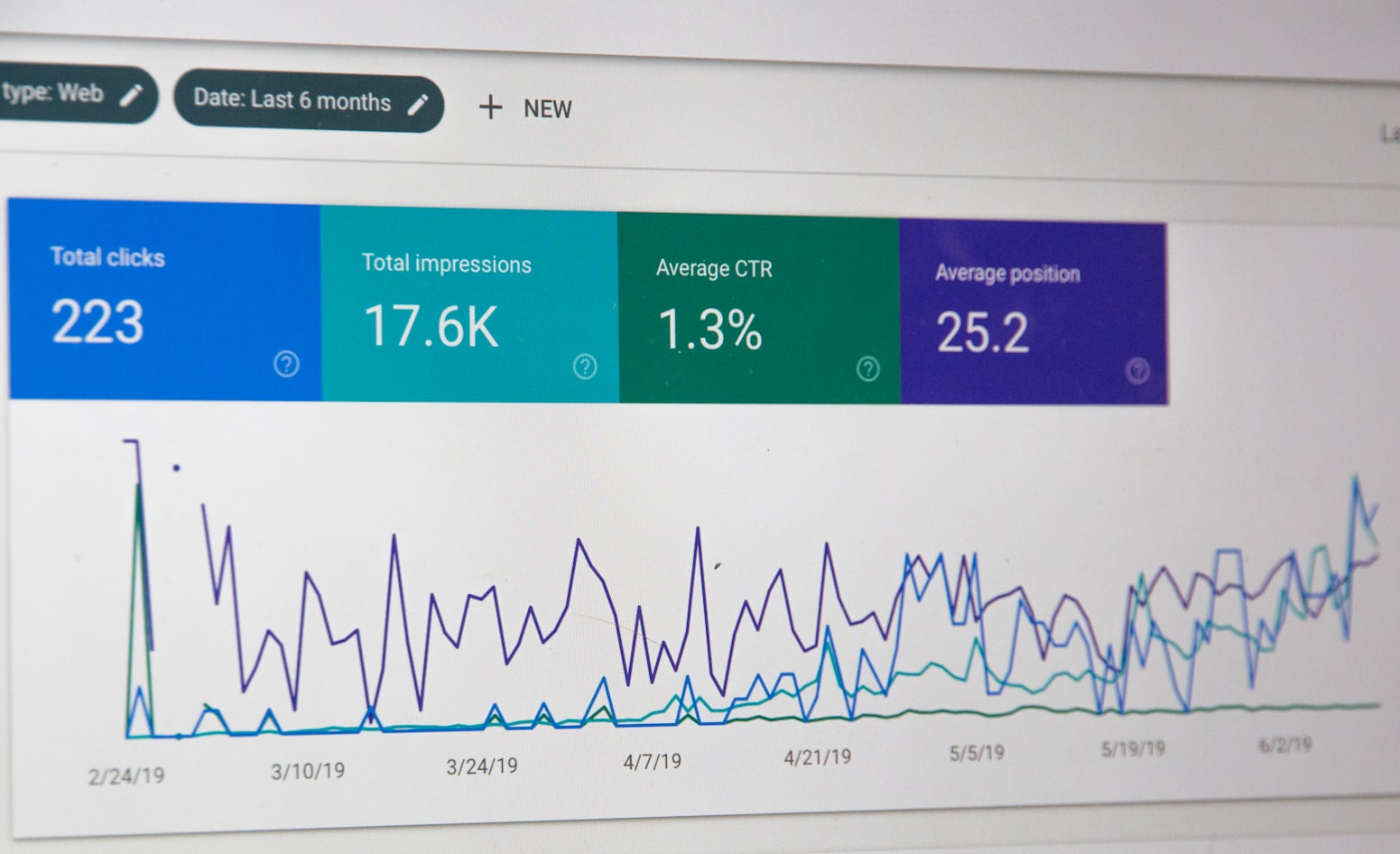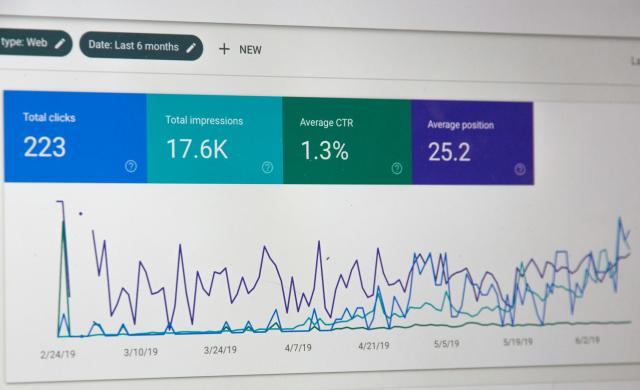
Maximize SEO: Elevate Rankings with Canonical Tags
In the vast landscape of digital marketing, there are numerous tools and techniques that can significantly enhance your website's visibility. One such vital element is the usage of canonical tags and their role in SEO. These tags are often misunderstood or overlooked, yet they serve a critical purpose in optimizing your content for search engines. If you want to dive deeper into the realm of SEO and understand how to leverage canonical tags effectively, this guide is for you!
### 1. What Are Canonical Tags?
Canonical tags, often denoted as <link rel="canonical">, are HTML elements that help prevent duplicate content issues by indicating the preferred version of a webpage to search engines. They act as a guiding light, pointing search engines towards the main page you want them to index. This is especially crucial for sites with similar or duplicate content, which can dilute their SEO efforts.
### 2. Why Canonical Tags are Essential for SEO?
Imagine pouring your heart and soul into creating an incredible piece of content, only to find out that search engines are indexing multiple versions of that same content. It’s a nightmare scenario for any digital marketer. This is where canonical tags come into play! Here’s how they can transform your SEO game:
- Prevent Duplicate Content: By specifying a canonical URL, you can inform search engines which version of the content to prioritize, thus avoiding the penalties associated with duplicate content.
- Boost Page Authority: When you consolidate link equity to a single URL, it enhances that page's authority, helping it rank higher in search results.
- Improve User Experience: Users enjoy a seamless experience when they are directed to the original content, reducing confusion and enhancing retention.
- Enhance Crawling Efficiency: Canonical tags help search engines allocate their crawling resources more effectively by focusing on the most important pages.
With a strategy in place to utilize canonical tags, you can ensure your content shines through the clutter of the internet, leading to improved visibility and engagement.
### 3. How to Implement Canonical Tags?
Now that you understand the significance of canonical tags, let’s explore the steps to implement them effectively:
- Identify Duplicate Content: Perform a content audit to locate pages with similar or identical content.
- Choose Your Canonical URL: Determine which version of the page you want to be indexed and shared.
- Add the Canonical Tag: Insert the canonical link in the
<head>section of the HTML of the preferred page:
<link rel="canonical" href="https://www.yourwebsite.com/preferred-page" />
- Test Your Implementation: Use tools like Google Search Console or SEO audit tools available at https://seoreportmaster.com/tools to ensure your canonical tags are set up correctly.
By following these actionable steps, you can take control of your content's SEO destiny and drive better results for your website.

### 4. Common Mistakes to Avoid
Even with the best intentions, it's easy to make mistakes when using canonical tags. Here are a few pitfalls to steer clear of:
- Not Using Canonical Tags at All: Ignoring canonical tags can lead to severe duplicate content issues.
- Wrong Canonical URL: Ensure that the canonical URL is correctly typed and leads to a valid page. A typo could misguide search engines.
- Canonical Loops: Avoid setting canonical tags that reference each other in a circular manner.
- Using Multiple Canonical Tags: Each page should have only one canonical tag; multiple versions can confuse search engines.
Staying vigilant and avoiding these common mistakes can make a world of difference in your SEO strategy.
### 5. Measuring the Impact of Canonical Tags
After implementing canonical tags, tracking their effectiveness is essential. Here’s how to measure their impact:
- Monitor Traffic and Rankings: Utilize tools like Google Analytics and Search Console to observe changes in traffic and rankings.
- Check for Duplicate Content: Regular audits can reveal if the canonical tags are effectively minimizing duplicate content.
- User Behavior: Analyze metrics like bounce rate and time on page to gauge if users are engaging more with your content.
Using these insights, you can continuously refine your approach and ensure that your use of canonical tags is driving success.
### Conclusion
Mastering canonical tags and their role in SEO isn’t just a nice-to-have; it’s a necessity for every digital marketer looking to optimize their online presence. By preventing duplicate content, boosting page authority, and enhancing user experience, canonical tags can elevate your website's visibility in search engine results. Don't miss out on the opportunity to differentiate your website. Start implementing canonical tags today and watch your SEO efforts soar!
Remember, SEO is a journey, and by mastering techniques like canonical tags, you can position yourself ahead of the competition.
Professional SEO reports and tools
Identify technical SEO issues and take action to improve the health and performance of your website. Leverage advanced AI tools for SEO to gain deeper insights, and optimize your online presence more effectively.
Related posts

Enhance SEO: Proven Strategies for Quality Backlinks
Boost your website's SEO with powerful backlink strategies. Increase online visibility and drive mor...
1 year ago

7 Best SEO Reporting Tools for Agencies That Deliver Real Results
Looking for the best SEO reporting tools for agencies? Check out this list of top platforms like SEM...
1 year ago

Best Local SEO Keyword Research Tools and Tips for 2025
Discover top local SEO keyword research tools and tips for 2025. Empower your small business with st...
1 year ago